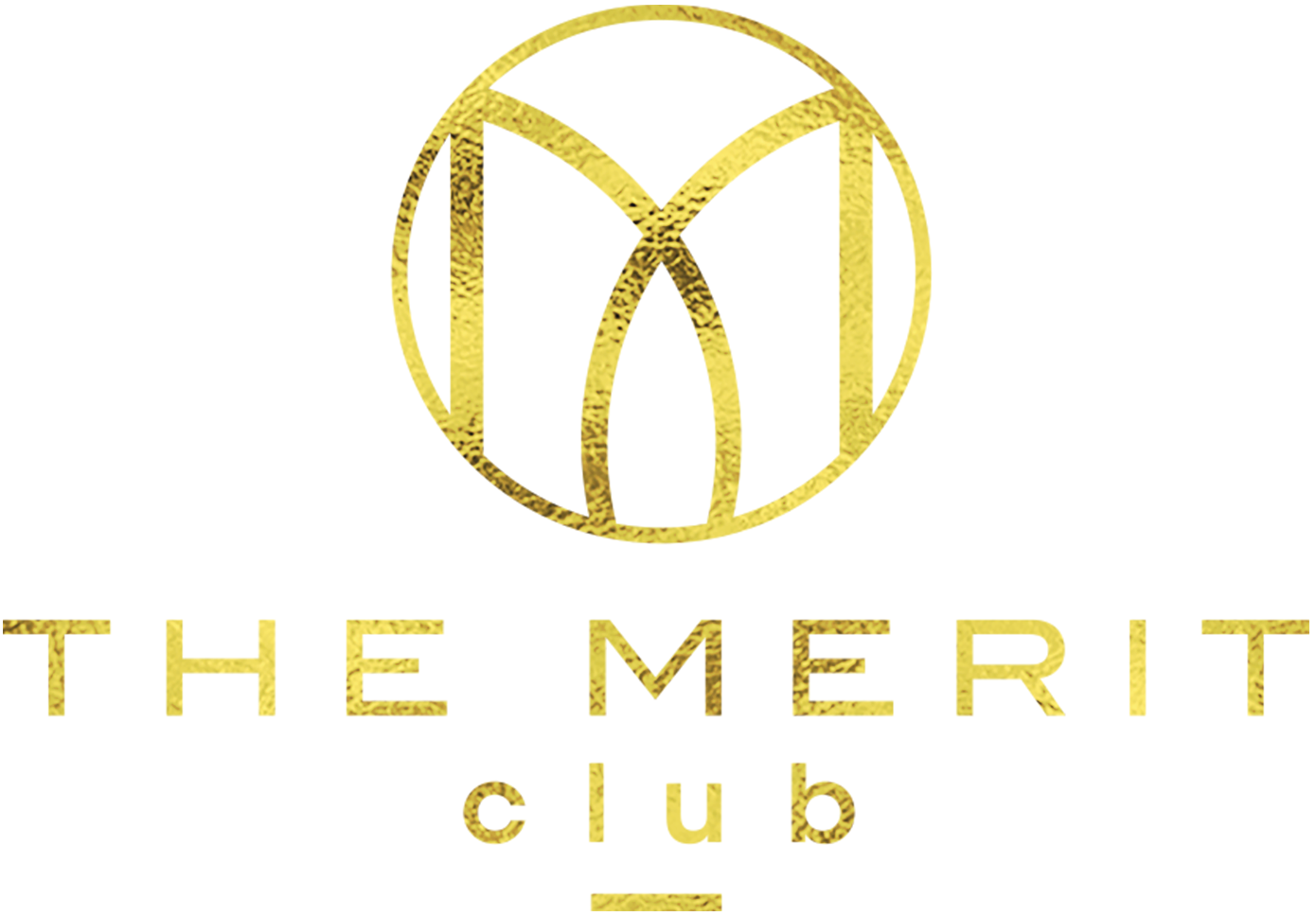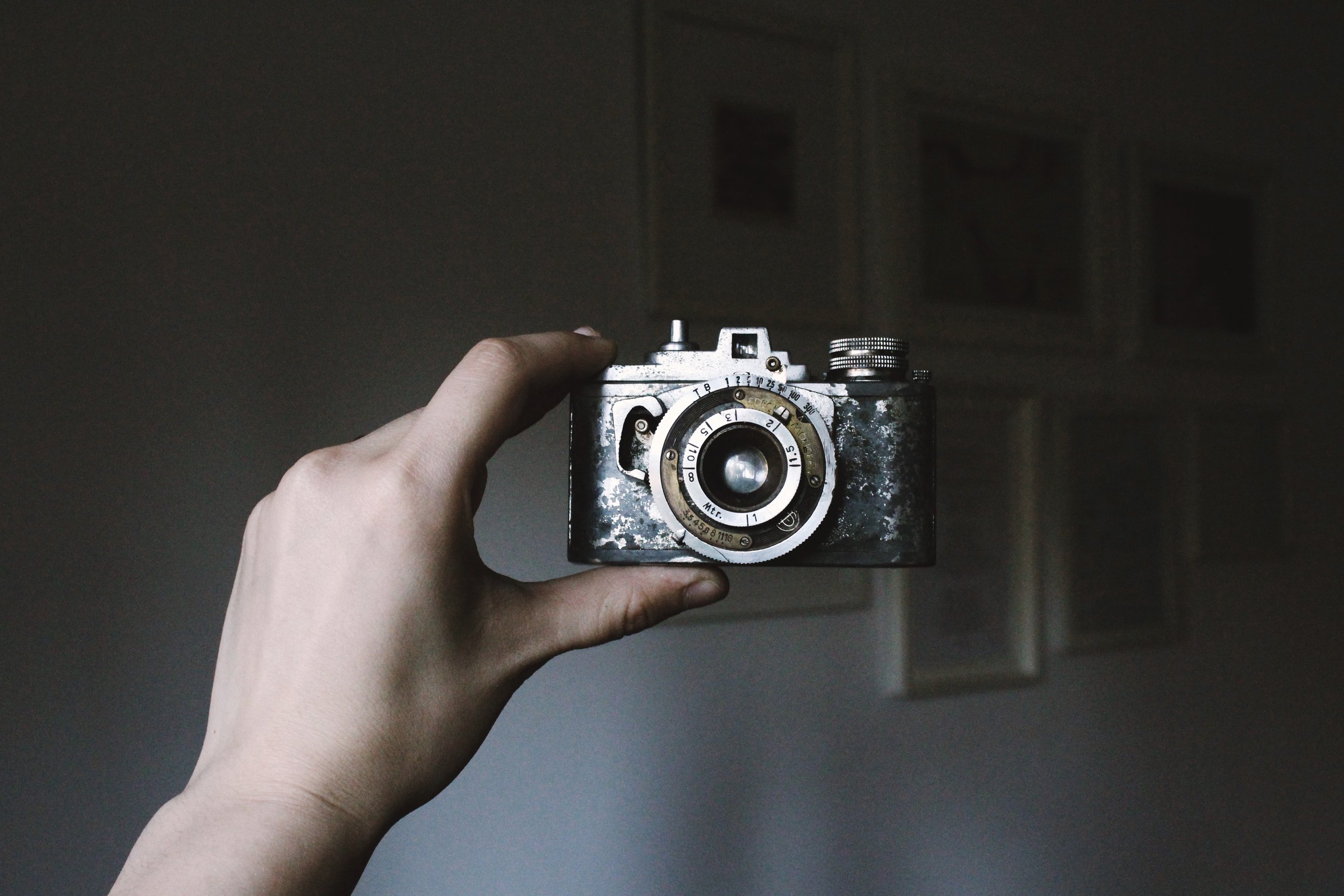The Selfie vs. Our Sense of Self
We take a look at the "selfie" and what it means for our sense of self in society today.
While social media has been accumulating its 700 million monthly users, a sticking point with Instagram has always been the “selfie”. How can that one word “selfie” make you involuntarily cringe? And yet why can't we resist a sneaky one in the mirror or refrain from capturing Uncle Tom Cobley and all in a “selfie” on a night out? It's a love-hate relationship. It seems there's only a fine distinction between the “selfie” as self-expression and self-obsession. On the one extreme, people may argue posting selfies scream vanity and a shameless need for gratification from others - self-promotion and self-love. On the other hand, selfies can be a perfectly fun and spontaneous way of capturing a moment in time. They can convey a confidence and control that is empowering.
Let’s not get caught up in thinking social media and its revelations are new, either. This attitude towards self-obsession and self-expression has prevailed way before social media, far before even the invention of the camera. Just take a look at the portraits King Henry VIII commissioned Hans Holbein to paint of his regal self nearly 500 years ago. With self-assurance and grandeur in abundance, his paintings became an aggressive form of self-propaganda. It may have been reserved for the few and wealthy centuries ago, rather than being easily accessible to 700 million eagerly tapping consumers today, but the fundamental desire for curating a specific personal profile remains.
Moving away from paintings to photography as a medium, it is interesting to explore the similar workings of distrust here. Just how honest are they? As artist and writer Victor Burgin suggests, “we must lose any illusion about the neutrality of objects before the camera”. We only have to visualise what Burgin describes as the “photographic opportunist” waiting finger on the button for “those moments of truth”, to be reminded that a photograph may be entirely, painstakingly, staged, and social media feeds and profiles do not always convey an unmasked reality and the “truth”.
It may be too scare-mongering to say we are “image-junkies”, but there seems to be a raw truth in Susan Sontag's warning that our way of prioritising this “image-world that bids to outlast us all” will have its consequences. There's a balance to be struck between living in the moment, and capturing memories. We often can invest so much time and effort into capturing the many moments of our lives and events, that is no wonder it may seem unnerving when the honesty of these moments are thrown into question.
What is interesting to address, therefore, is just how connected we are to our photographs, our selfies, and our social media personas. If you want to look at some thoughts and theories behind the sense of self, Laura Mulvey is an interesting writer to turn to. Assessing the divide between our true selves in reality and how we perceive our personas, for example, alludes to some of her ideas. One of her references that is particularly poignant is to Jacques Lacan, and the moment he describes when a child first recognises its own image in the mirror - a moment he perceives as crucial for the constitution of our egos. Mulvey continues to argue that this recognition is in fact misrecognition, as the child perceives the image of themselves in the mirror “as superior”, and the child projects “this body outside itself as an ideal ego, the alienated subject”. (read more from her here) This too would point towards the idea that we have all had an obsession with ourselves, unconsciously or consciously, that far predates the ties of social media. Creating “an ideal ego” for yourself as a child may seem a little dramatic, and many people would hate to think of themselves with any sense of ego. Yet when we think of ourselves and our “social media” personas in this light, it’s easy to see how the lines between ourselves and the reflected image of ourselves on social media’s alienating mirror can become so blurred and confused.
Self obsession vs. Self expression. Perhaps the key lies in just how alienated we allow ourselves to become between our everyday selves and our “ideal ego” mirrored on our social media accounts. I would be embarrassed to admit how many times I've checked my Instagram feed while writing this. But why? Why should we be ashamed of our personal profiling and sharing images on our social media if it enhances our lives in some way and can express our views, ideas and a snapshot of who we are. Maybe, we need to question just how “social” this “social media” can in fact be. If we can find a balance between the self, the selfie, the social, the truth and our egos, we might just be a bit more truthful to ourselves and find a truer social happiness.
Words by Lottie Franklin









